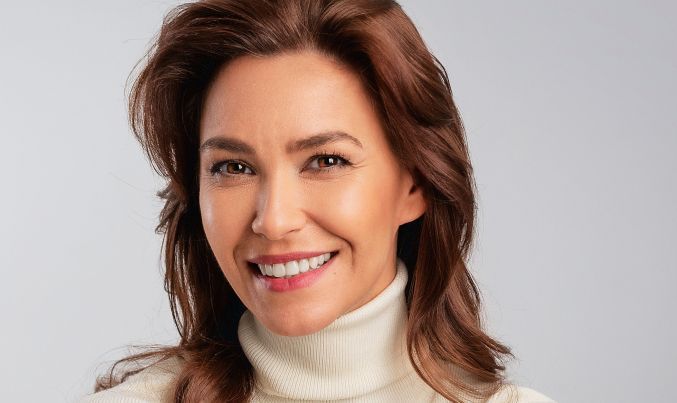

Dr. Julian De Silva
London’s Leading Facial Plastic Surgery PracticeSpecialist in face and neck procedures, renowned for signature natural facelift, blepharoplasty, and rhinoplasty. Over 1,000 5-star patient experiences, delivered with advanced techniques for faster recovery.


Welcome to Our Practice
Undergoing plastic surgery is a deeply personal decision, and Dr Julian De Silva, a board-certified facial plastic surgeon, understands the trust it requires. Whether you seek to restore a youthful appearance, refine your nose, or tighten sagging skin, Dr De Silva’s advanced techniques in London facial plastic surgery deliver natural, harmonious results. Specialising in facelift, rhinoplasty, and blepharoplasty, he ensures minimal bruising, discreet scars, and consistently superior outcomes, so you look your best—without ever looking overdone.

Meet Dr. De Silva
MBBS MD FRCO FACS BSc PGc DIC
Dr Julian De Silva is a globally recognised leader in facial plastic surgery, acclaimed for delivering natural, surgically superior results. With triple board certification and a focus solely on facial procedures, his innovative, rapid-recovery techniques have redefined patient care. Operating from his state-of-the-art Harley Street surgery clinic, Dr De Silva blends surgical precision with artistic insight, earning the trust of celebrities, professionals, and discerning patients alike.

Discover Facial Cosmetic Surgeries In London
Dr De Silva is a recognised authority in facial surgery, renowned for his pioneering techniques in facelift, rhinoplasty, and blepharoplasty. His innovative approach has set new standards in the field, delivering natural, lasting results with minimal downtime. As the author of several books on these procedures, Dr De Silva is at the forefront of surgical advancements and continues to shape the future of facial cosmetic surgery.

Face and Neck
Harley Street surgeon Dr De Silva is a leading authority on facelift and neck lift surgery, known for his technical precision and evidence-based approach.

Blepharoplasty / Eye Surgery
Blepharoplasty, or eyelid surgery, corrects age-related drooping and puffiness to refine eye contour and definition. Dr De Silva focuses on preserving each patient’s natural eye shape, ensuring results that look authentic and balanced.

Rhinoplasty / Nose Surgery
Rhinoplasty can address concerns such as a nasal hump, asymmetry, or breathing difficulties to enhance both form and function. Dr De Silva employs signature techniques to not only improve the nose but also enhance the surrounding facial features.

Advanced Facial Plastic Surgery Enhancements
Dr De Silva offers specialised procedures such as chin and cheek implants, ear surgery, and lip surgery, performed alone or alongside facelifts and rhinoplasty, to achieve precise, natural facial balance.
Our London Cosmetic Surgery Success Stories
Dr De Silva has transformed thousands of faces through his innovative surgical techniques. Below is a small sample of some of his successful surgeries.
In the Press














Our CQC Regulated Harley Street Surgery Clinic
Located in London’s renowned Harley Street medical district, our private clinic is custom-designed to provide exceptional facial cosmetic and plastic surgery services. Certified by the Care Quality Commission (CQC), the clinic meets and exceeds the highest safety and quality standards. Equipped with cutting-edge technology and staffed by certified professionals, we ensure a safe, comfortable, and exceptional patient experience.











